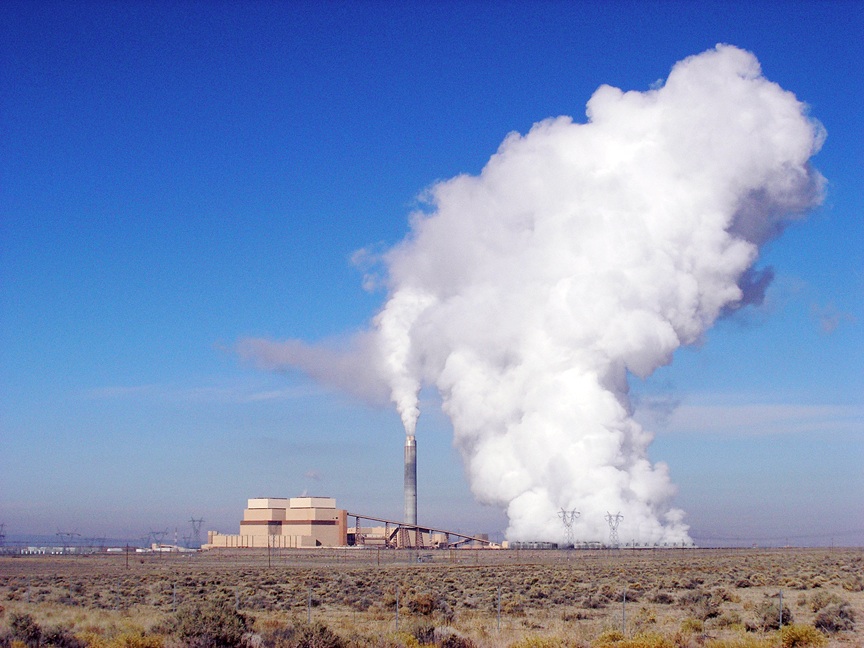

What debate? A recent draft of an international consensus report offers stronger-than-ever evidence that global warming is driven by human activity. The report also adjusts its expectations for important climate change effects such as how much sea levels will rise, while admitting the difficulty in estimating what will happen to individual cities in the age of climate change.
Reuters recently got a hold of a draft of the Intergovernmental Panel on Climate Change’s next report, the first stage of which is due in September. The panel, which includes hundreds of experts and is open to members of the United Nations and the World Meteorological Organization, periodically summarizes the worldwide scientific consensus on climate change. It’s more than 2,000 pages long.
The panel’s estimates for future warming are important to policymakers. They drive decisions about what do to prepare towns and nations for rising sea levels, more extreme weather and other effects from climate change. Governments around the world have spent hundreds of billions of dollars on trying to reduce greenhouse gas emissions based on the panel’s findings, The New York Times reports. (The Times got a look at a draft after Reuters did.)
In previous years, the panel’s reports established that global warming is unequivocally happening. The latest draft indicates that the panel is surer than ever that humans are the primary cause. A large majority of scientists have long believed that global warming is human-caused. In recent years, though, the Intergovernmental Panel on Climate Change has nudged its certainty level upward from 90 percent in 2007 to 95 percent in the latest draft, Reuters reports.
While climate change deniers often challenge the Intergovernmental Panel on Climate Change, most scientists consider the panel conservative. The panel has made a high-profile mistake in the past. In its 2007 report, it said the Himalayan glaciers would melt by 2035. Later, the panel found that claim was speculative and wasn’t backed by peer-reviewed science.
Here are other highlights, as Reuters and The New York Times report them:
- Are we already seeing the effects of climate change? The new draft says yes. Scientists are surer that the Earth has experienced more heat waves caused by global warming.
- Since the international panel published its last report in 2007, scientists around the world have published more studies and stronger science on future sea level rise. Thus, the panel adjusted its expectation for the upper limit for how high that rise will likely be. It now expects rises between about 1 to 3 feet (29 to 82 centimeters) by the end of the century. Its 2007 estimate was about 7 inches to 2 feet.
- Even as scientists become more sure that the world is warming overall, they’re still having a hard time predicting exactly what will happen to individual places. That makes it difficult for lawmakers to ready their towns and countries.
- Scientists may be less sure about how much climate change has contributed to other events. Compared to the panel’s 2007 report, the latest report finds it’s less certain that people are already experiencing climate change-driven tropical cyclones and droughts.
- Some details in the report may still change this fall. The draft is scheduled for further discussion and revisions, Intergovernmental Panel on Climate Change spokesperson Jonathan Lynn told the BBC. In the past, however, such late drafts have not changed much after final discussion, The New York Times reports.